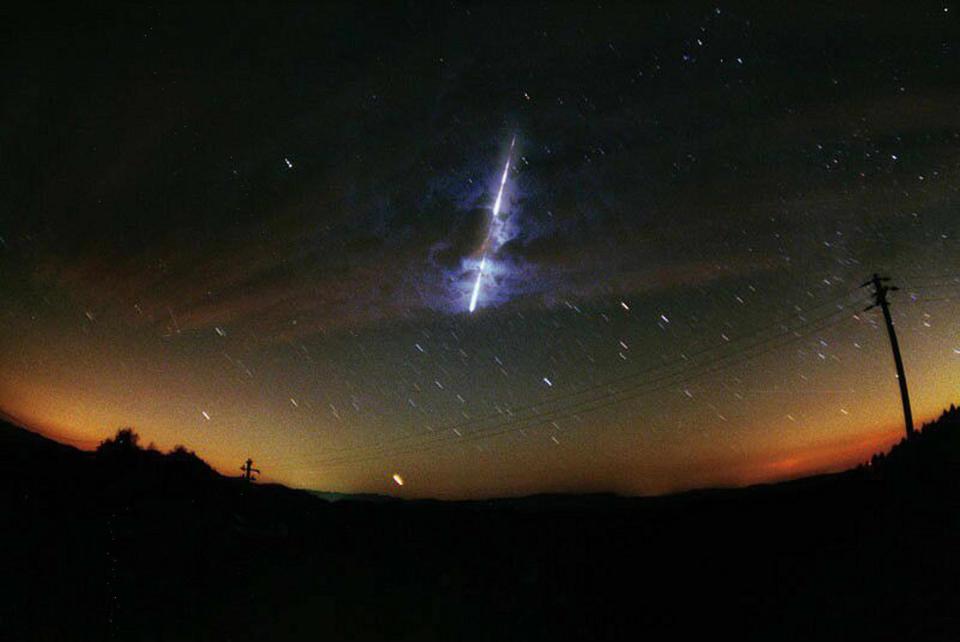The last meteor shower of 2021 peaks on the longest night of the year. Here's how to watch.
An early Christmas gift will light up the sky in the last celestial event of the year – the Ursid meteor shower.
With a bright moon in the background, the annual event is expected to peak the morning of Dec. 22 and happens between Dec. 17 and Dec. 26 each year, according to Earth Sky.
The shower always peaks around the December solstice, which falls on Dec. 21 this year.
Although not as spectacular as the Perseid meteor shower that happened in July or the Geminid meteor shower that happened earlier in December, the Ursids meteor shower will have five to 10 meteors visible per hour, according to NASA.
After a year of outer space phenomena like the super flower moon in May and the ring of fire solar eclipse in early June, this mellow event may be the perfect send-off to 2022.
How to watch the Ursid meteor shower
The Ursid meteor shower will only be visible in the Northern Hemisphere, so those below the equator will miss out.
Earth Sky recommends watching from a country location that is free of artificial lights in the wee morning hours of Dec. 22. They also, advise to dress warm and bring a sleeping bag.
'Mystery house': China's moon rover spots a mysterious cube-shaped object, and the internet is intrigued
Beaver moon? Cold moon?: Your guide to every full moon this year
The moonlight may make it tough for stargazers to see the meteors, but don't give up hope.

Follow reporter Asha Gilbert @Coastalasha. Email: agilbert@usatoday.com.
This article originally appeared on USA TODAY: The Ursid meteor is the last celestial event of the year: How to watch

